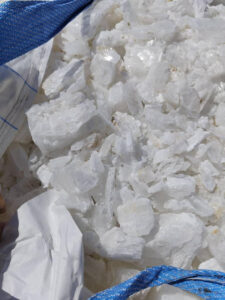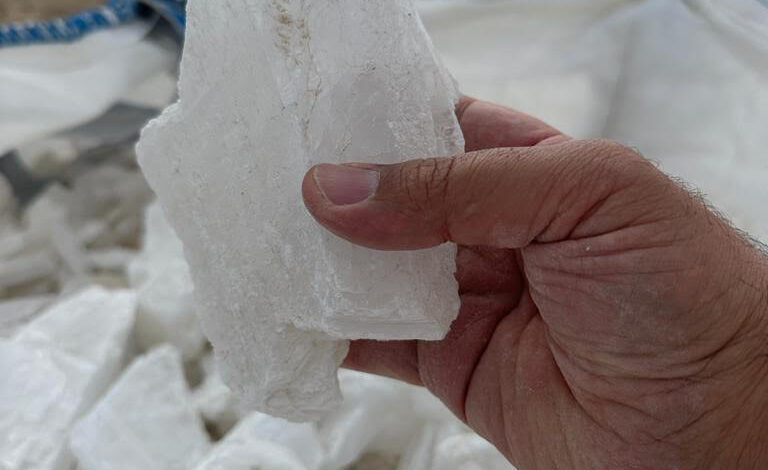A Growing Market for Quality Gypsum Supply
China’s demand for gypsum has grown significantly, fueled by rapid construction and industrial expansion. As one of the largest construction markets in the world, China offers a valuable opportunity for gypsum exporters. Whether you plan to supply gypsum for drywall, plaster, or soil conditioning, understanding the Chinese market and export regulations is essential for success. This guide provides insights on how to export gypsum to China and tap into this expanding market.

Why Export Gypsum to China?
China’s urbanization, infrastructure projects, and expanding agriculture have driven gypsum demand. Exporting gypsum to China can be profitable for several reasons:
-
Expanding Construction Sector: China’s construction industry leads the world in scale and growth. Builders consistently demand gypsum for plaster, drywall, and other building materials essential in both residential and commercial projects.
-
Soil Improvement in Agriculture: Farmers use gypsum to improve soil structure, reduce salinity, and enhance water infiltration. These benefits boost crop yields, making gypsum vital for agricultural operations.
-
Government Focus on Sustainability: China increasingly emphasizes eco-friendly materials. Gypsum’s non-toxic, biodegradable, and recyclable nature aligns with green building initiatives, making it a preferred material for sustainable construction projects.
-
High Demand for Quality Products: With construction and agriculture sectors expanding, high-quality gypsum that meets industry standards gains a competitive edge. Exporting top-grade gypsum positions your business as a trusted supplier in the Chinese market.
Steps to Export Gypsum to China Successfully
Successfully exporting gypsum to China requires careful planning, compliance with regulations, and strong local partnerships. Follow these steps:
1. Research the Chinese Market
Before exporting, analyze China’s construction, plaster production, and agricultural sectors. Focus on major cities like Beijing, Shanghai, and Guangzhou, which have large construction projects. Additionally, investigate farming regions where gypsum is in demand for soil conditioning. Conduct detailed market research to identify the most profitable sectors and regions.
2. Find a Reputable Gypsum Supplier
Work with suppliers who consistently deliver high-quality gypsum. Ensure the product meets purity standards and is free of contaminants. Request samples before committing to large shipments. Verify certifications such as ISO or other industry-specific standards to guarantee product reliability.
3. Understand China’s Import Regulations
China enforces strict import rules that you must follow:
-
Customs Duties and Taxes: Calculate import duties, taxes, and tariffs to price your gypsum competitively.
-
Documentation and Certifications: Prepare all required documents, including the bill of lading, certificate of origin, and customs declaration. Certain products may need certifications, such as the China Compulsory Certification (CCC).
-
Packaging Standards: Package gypsum properly to prevent damage during shipping and comply with Chinese safety and labeling requirements.
4. Plan Efficient Logistics and Shipping
Partner with a logistics company experienced in shipping to China. They can help with customs clearance, provide tracking services, and ensure timely delivery. Securely pack your gypsum to avoid damage and anticipate potential delays from customs procedures.
5. Build Relationships with Local Distributors
Collaborate with local distributors or importers who understand the market and regulations. Distributors manage logistics, market your product, and connect you with customers. Establishing long-term relationships with trusted partners ensures a steady supply chain and strengthens your market presence.
https://iranmineral.net/exporting-gypsum-to-europe/

